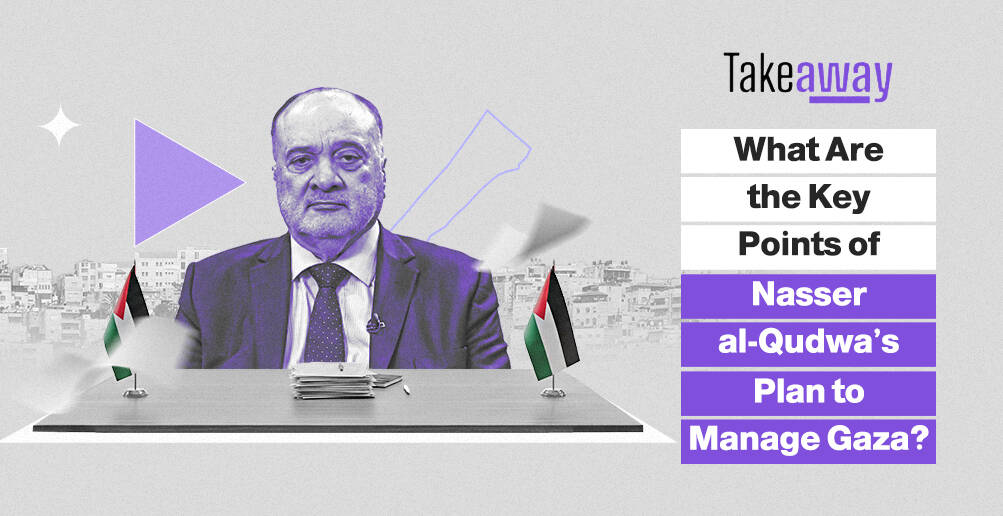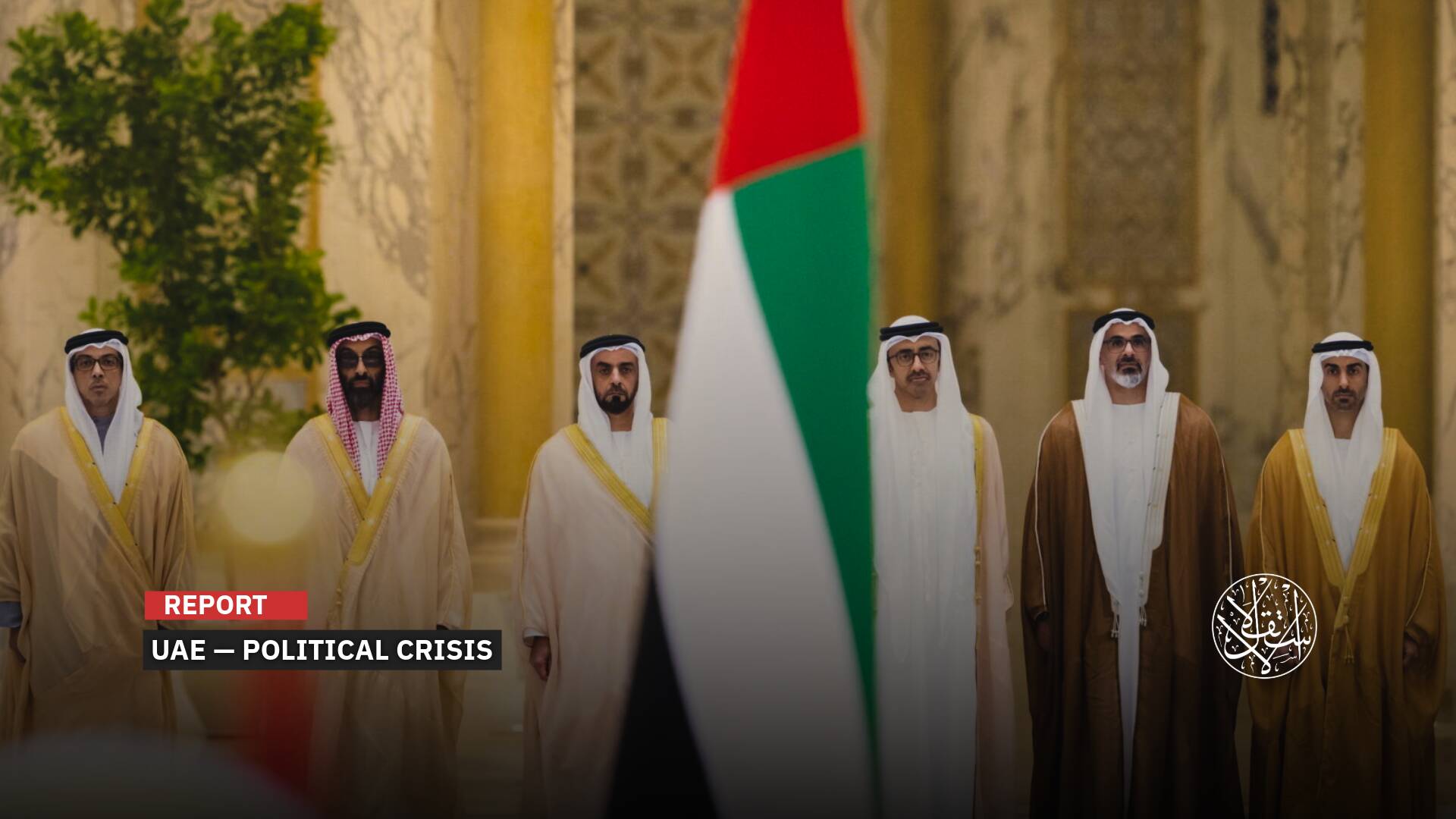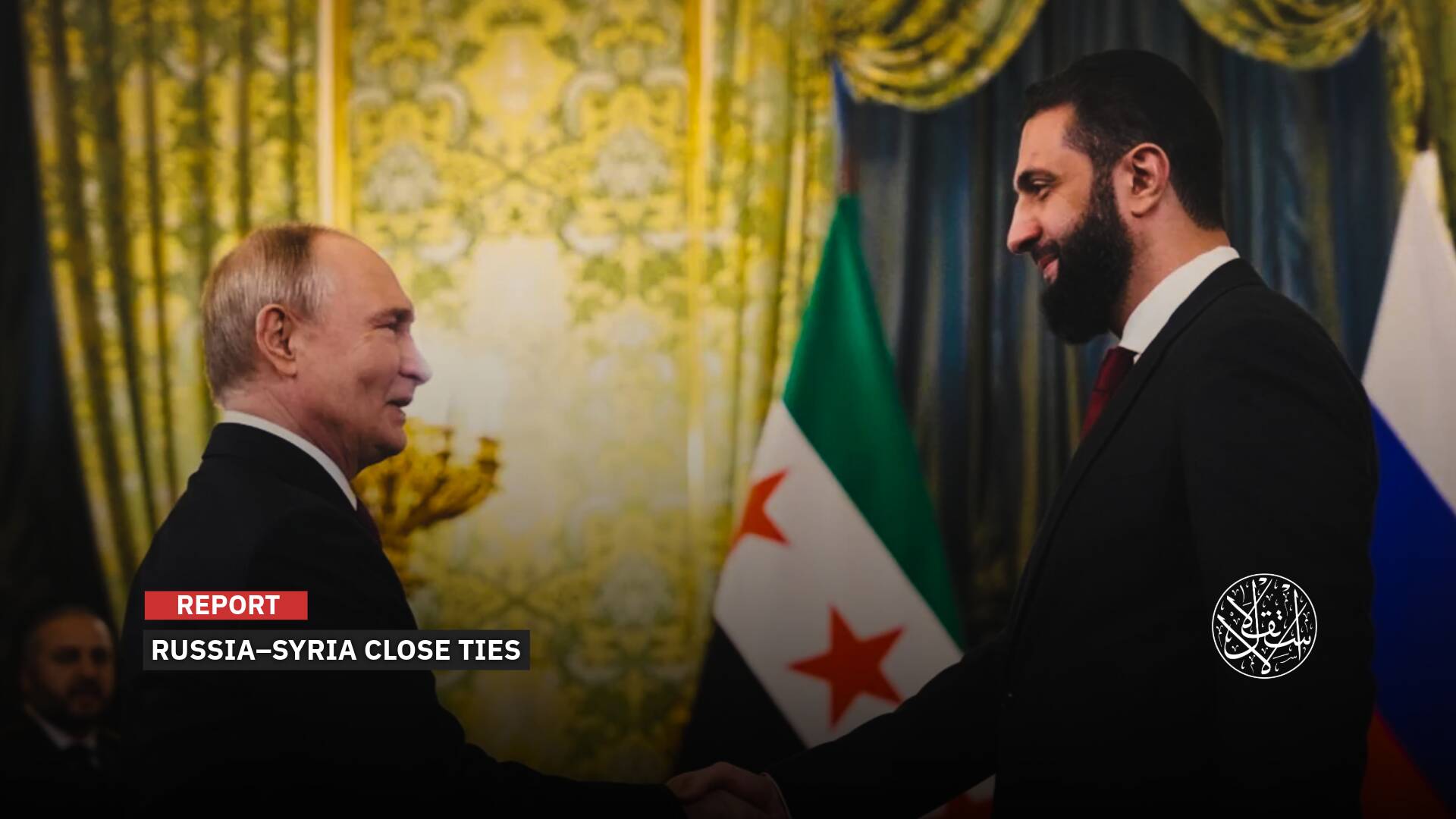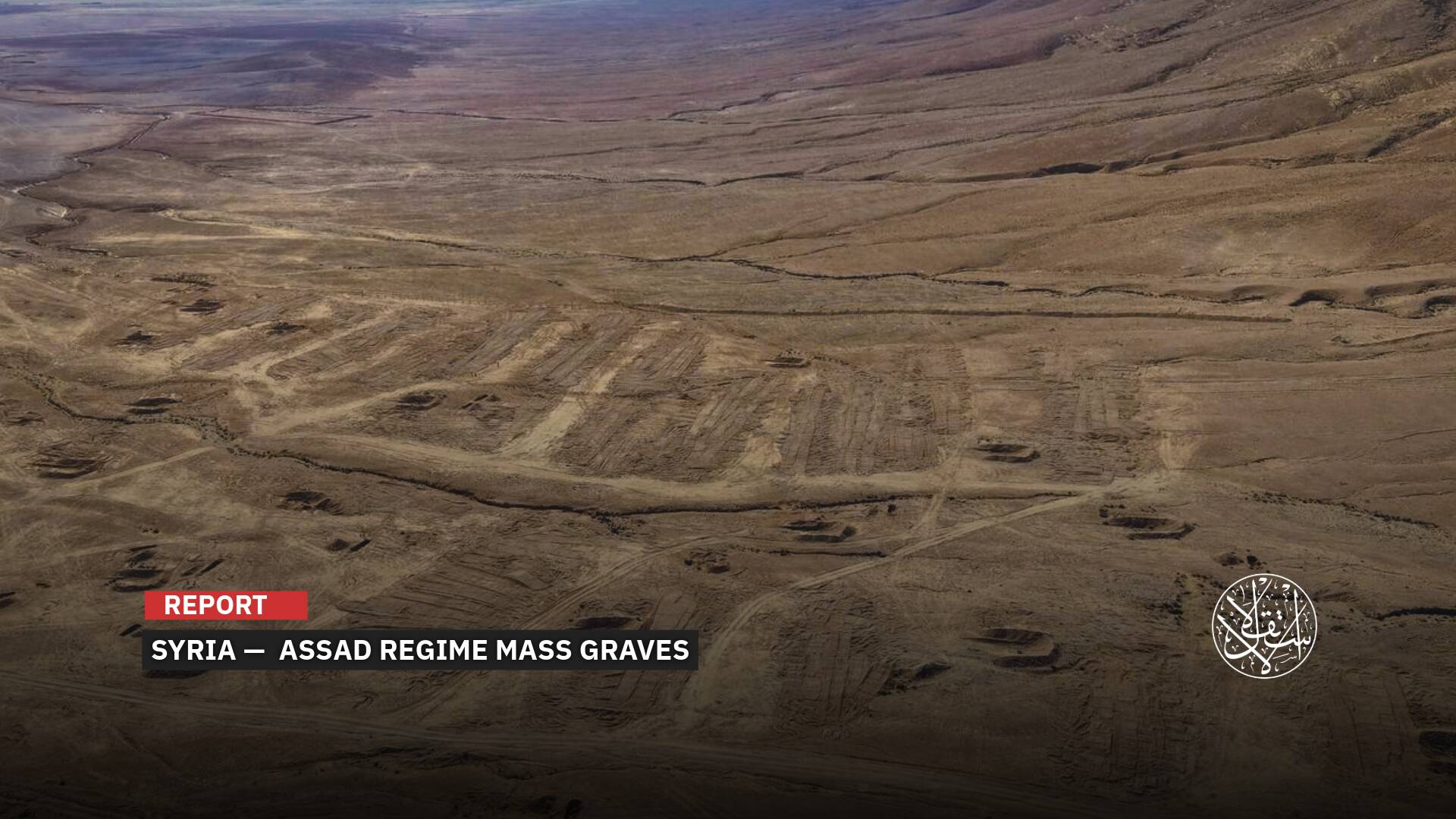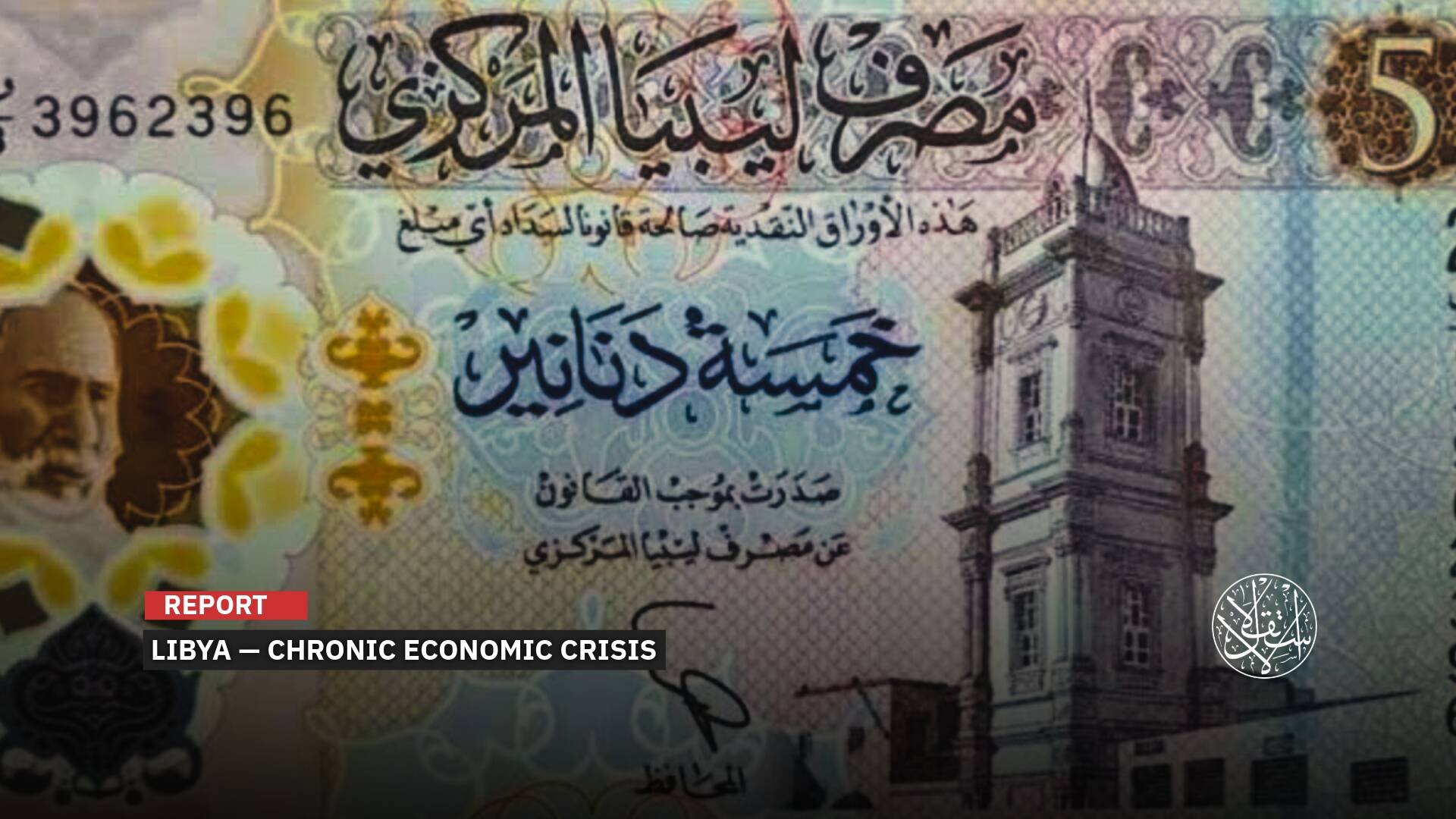How Did ‘Israel’ Manage to Tighten Its Grip on Resource-Rich Guinea, the Muslim Country?

The Israeli Occupation’s vision for closer ties with African countries is not a new development; David Ben-Gurion, the first Prime Minister of the Israeli Occupation government, once said: “African countries may not be wealthy, but their voices in international forums and institutions are as influential as some of the most powerful nations.”
In 2017, Israeli Prime Minister Benjamin Netanyahu stated, “Israel has returned to Africa, and Africa has returned to Israel,” highlighting the significant progress in relations between “Tel Aviv” and several African capitals.
Guinea is one of the countries where significant shifts have occurred in its relationship with the Israeli Occupation. Although “Israel” does not have an ambassador in Guinea, diplomatic relations were renewed in 2016 after a hiatus of about five decades.
Guinea, an important predominantly Muslim country in West Africa, had severed its ties with the Israeli Occupation in solidarity with Arab countries during the aftermath of the June 5, 1967 setback.
Now, “Israel” is making a strong comeback in this country as Arab interest wanes. The capital, Conakry, is bustling with Israeli companies and businessmen, with strong connections between the current interim president, Mamady Doumbouya, and “Israel” on multiple fronts.
Security Breach
“Israel” has given high priority to cybersecurity activities in Guinea. On June 22, 2023, Intelligence Online revealed that Abraham Sako, the nephew of former Guinean Minister of Justice Cheick Sako, is assisting the Israeli company Kaymera Technologies in Guinea.
The magazine added that Sako is assisting Israeli businessmen Avi Rosen, Omri Lavi, Shalev Hulio, and the Israeli cybersecurity company Kaymera in providing solutions to interim Guinean President Mamady Doumbouya.
The Israeli cybersecurity company offers secure communication solutions to the Guinean presidential administration, led by interim leader Mamady Doumbouya, through Guinea Business Limited, headed by Abraham Sako, which seeks advice from the Israeli cybersecurity company in Guinea.
It is worth noting that Kaymera was founded by Avi Rosen, who has close ties to Mossad and also manages the Israeli cyber intelligence company Blue Ocean.

This is applicable to Omri Lavi, the founder of the NSO Group, and Shalev Hulio, both of whom have close ties to Mossad. They have all traveled to Guinea to provide cyber services and establish a robust information network, according to Intelligence Online.
The Israeli cybersecurity company present in Guinea is involved in the mobile phone industry and offers bids to supply its operating system (Kaymera OS) to the Guinean president’s office.
In addition to providing encryption systems, the installed system on Android phones provides protection against attacks via the SS7 network operated by mobile carriers.
But the most dangerous capability is its superior ability to geolocate phones, as well as provide protection against Trojan horses and other types of spyware.
It also offers an end-to-end encrypted messaging application similar to Signal. The company’s Kaymera 360° command and control system, “used to monitor and protect a fleet of materiel,” is among its most important tools, according to Intelligence Online.
All of these capabilities pose a threat to the national security of Guinea and serve as a significant asset for Israeli security agencies in the region.
Doumbouya and ‘Israel’
The question that arises in light of this infiltration is why President Mamady Doumbouya allows such an intrusion to take place.
This dates back to September 5, 2021, when Doumbouya, the leader of the Special Forces, an elite unit within the Guinean army, carried out a military coup against President Alpha Conde and arrested him.
At that time, international reports, including the official Turkish Anadolu Agency, stated that Doumbouya, who staged the coup against his president, had French training and acquired all his military ideas and exercises through his career in the French army.
He had 15 years of experience with the French army, but more importantly, Paris specifically sent him to “Israel” to receive specialized training, as he was an expert in defense management and strategic leadership.
This clearly explains the proximity of the Guinean general to Israeli security and military agencies, and the reasons for facilitating the operations of the Israeli Occupation companies within the African country.
Not only that, on May 7, 2023, Hadarat For Political and Strategic Studies published its report on the influence of Israeli security companies in Guinea.
It mentioned that the Israeli company Sparta Security Solutions trains the Guinean army’s special units in special military training bases.
It reported that President Doumbouya visited a training base for special units in the capital, Conakry, in the presence of Israeli personnel wearing attire with the logo of the Sparta company and the flag of “Israel.” Around 200 fighters and 12 trainers were observed working at the base.

Israeli Motivations
“Israel’s” inclination toward Guinea and its efforts to strengthen relations with the governing systems there stem from various motivations, including endorsing soft power and influence, as well as pure economic interests.
Particularly, Guinea possesses vast natural resources, yet it remains one of the poorest countries in Africa. It still needs to fully capitalize on its iron ore reserves in the Simandou mountains.
Israeli businessmen have even preceded the government in benefiting from Guinea’s wealth. The infamous bribery case that occurred in 2016 is worth mentioning. Israeli mining and diamond magnate Beny Steinmetz was accused of paying millions of dollars in bribes to the Guinean government in exchange for his commercial interests in the country.
The case revolves around Steinmetz’s company, BSGR, purchasing an iron ore mine in Guinea, for which $165 million was spent on exploration expenses. After several years, half of the mine was sold for $2.5 billion, clearly indicating the actions taken by Israeli financial and business figures there.
Furthermore, Guinea holds another significance for “Israel” as it is a member of the Economic Community of West African States (ECOWAS). The ECOWAS group includes countries such as Benin, Burkina Faso, Cape Verde, the Gambia, Ghana, Guinea, Guinea-Bissau, Ivory Coast, Liberia, Mali, Niger, Nigeria, Senegal, Sierra Leone, and Togo.
The total population of the ECOWAS region is around 385 million people, and “Israel” seeks to engage and maximize its benefits from this influential and emerging group in the African continent.

Historical Background
In September 2017, the then Director General of the Israeli Ministry of Foreign Affairs, Yuval Rotem, stated to The Times of Israel: “The journey to Africa is a long journey. It will take a few years.”
“It requires of us investment and perseverance. And along the way, there will be obstacles, but we will overcome them,” he added.
Guinea itself posed one of the biggest obstacles for “Israel” in Africa during the reign of Guinean President Ahmed Sekou Toure, who ruled the country from 1958 to 1984. Sekou Toure completely severed relations with “Israel” in response to the events of June 5, 1967.
Sekou Toure leaned toward Egypt and Islamic countries. He himself wrote a simple tafseer (interpretation) of Surah al-Fatihah and authored a book titled Islam for the People’s Benefit.
He supported relations with Arab and Islamic countries and made an official visit to Egypt, during which he was awarded an honorary doctorate from al-Azhar University. Islamic propagation flourished in Guinea, where over 95% of its population adheres to Islam, specifically the Maliki school of thought.
Due to his strong relationship with Egypt, Cairo granted him a loan of $6 million in 1960 for the port of Conakry.
However, a turning point came with Sekou Toure’s death, followed by the military coup led by General Lansana Conte on April 3, 1984. Conte formed the National Reconciliation Council, which consisted mostly of military personnel.
It was then that “Israel” began penetrating Guinea for the first time, intensifying its activities with the Guinean military coup leaders.
This contact was indirect since the Guinean people were still under the influence of Sekou Toure’s regime. As a Muslim population, they rejected establishing any kind of relationship with the Israeli Occupation.
But with the decline of Egypt’s regional power and the diminishing Arab influence in Africa, “Israel” filled the void.
Sources
- Ex-justice minister's nephew Abraham Sako helps Israel's Kaymera Technologies in Guinea
- Doumboya: Guinea coup leader trained by France and specialized in Israel (Profile) [Arabic]
- After 49 years, Israel renews its diplomatic relations with Guinea [Arabic]
- Israeli successes and Arab defeats in Africa [Arabic]
- Guinea coup: Who is Col Mamady Doumbouya?



